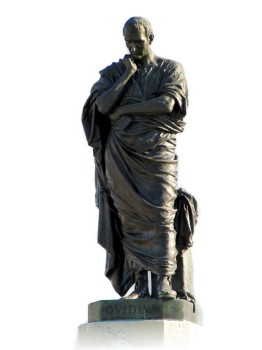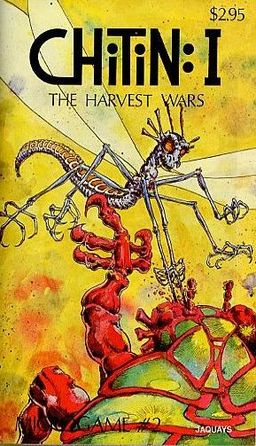Ancient Worlds: An Unlikely Epic
 We’re kicking off the year (wrapping it up, technically, but since this is an introduction, we’ll elide the difference) with a return to form. I’m also giving myself a holiday present, because this? This is a work by one of my favorite authors of all time.
We’re kicking off the year (wrapping it up, technically, but since this is an introduction, we’ll elide the difference) with a return to form. I’m also giving myself a holiday present, because this? This is a work by one of my favorite authors of all time.
And when a Classicist says that, it really means something.
Ovid’s Metamorphoses were written under the reign of the Emperor Augustus. If we didn’t have solid dating on Ovidius Naso’s life (he was born on March 20, 43 BC and died sometime in 17/17 CE) we’d have this detail, because he and the first emperor of the Romans did not get on. Ovid ended his life in exile, in part because of his poetry (including the Metamorphoses) and in part because of…something. That something is one of the most tantalizing mysteries of the Augustan era. We know that Ovid did something that offended Augustus so deeply that he was sent to the very end of the empire and left there to rot. He writes in the Tristia (his book of poems written from that exile) that he was sent away for “carmen et error”: a “poem and a mistake”, but never reveals more.
Did he have an affair with Augustus’s daughter Julia, who was exiled for promiscuity? Did he have a part in a revolutionary plot, a role that was too vague for execution but too solid to be ignored? Did he make one joke too many? We don’t know, and it keeps me up at night. In all seriousness, if I ever wake up in the dead of night to hear that telltale whoosh-rattle-whoosh and a blue phone box appears in my garden, you will see me running outside in my nightie waving a copy of the Oxford Classical Dictionary and screaming “TAKE ME TO OVID!”
It would be for history, on my honor as a matron.









